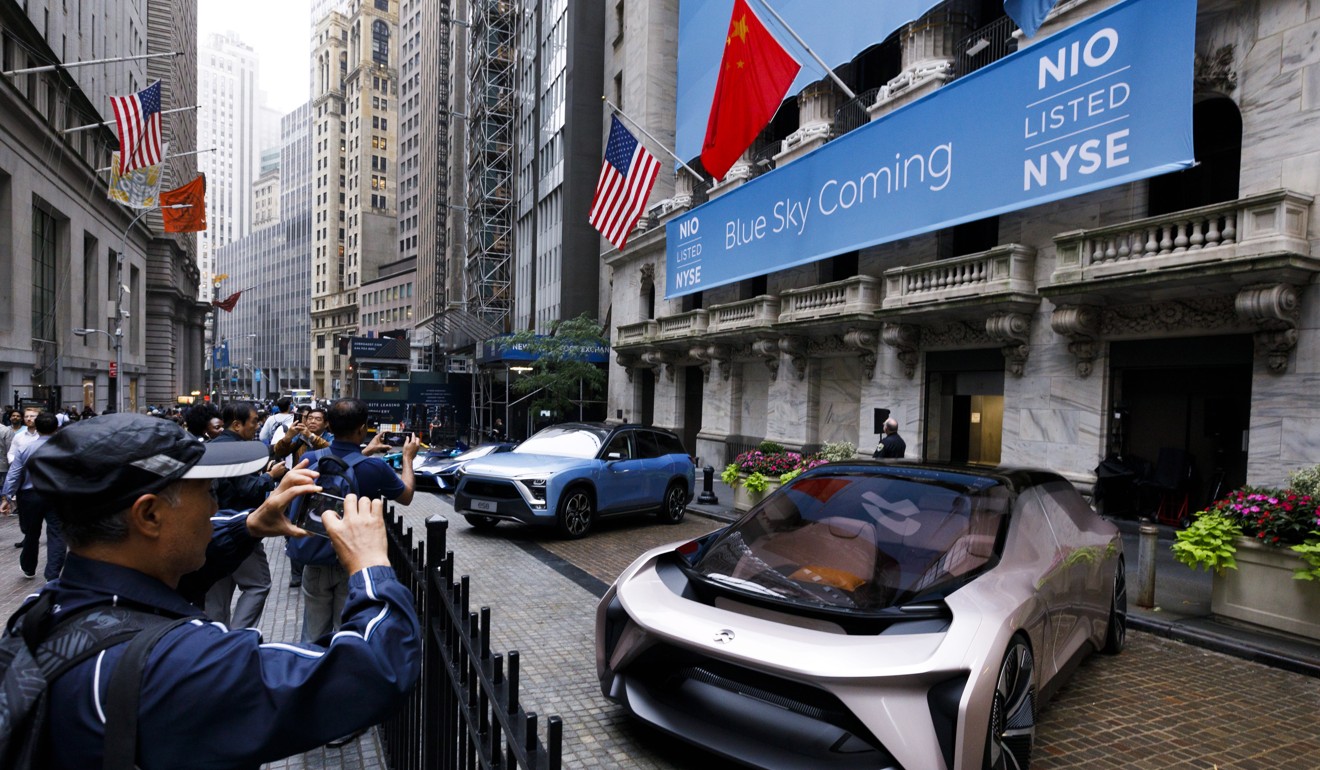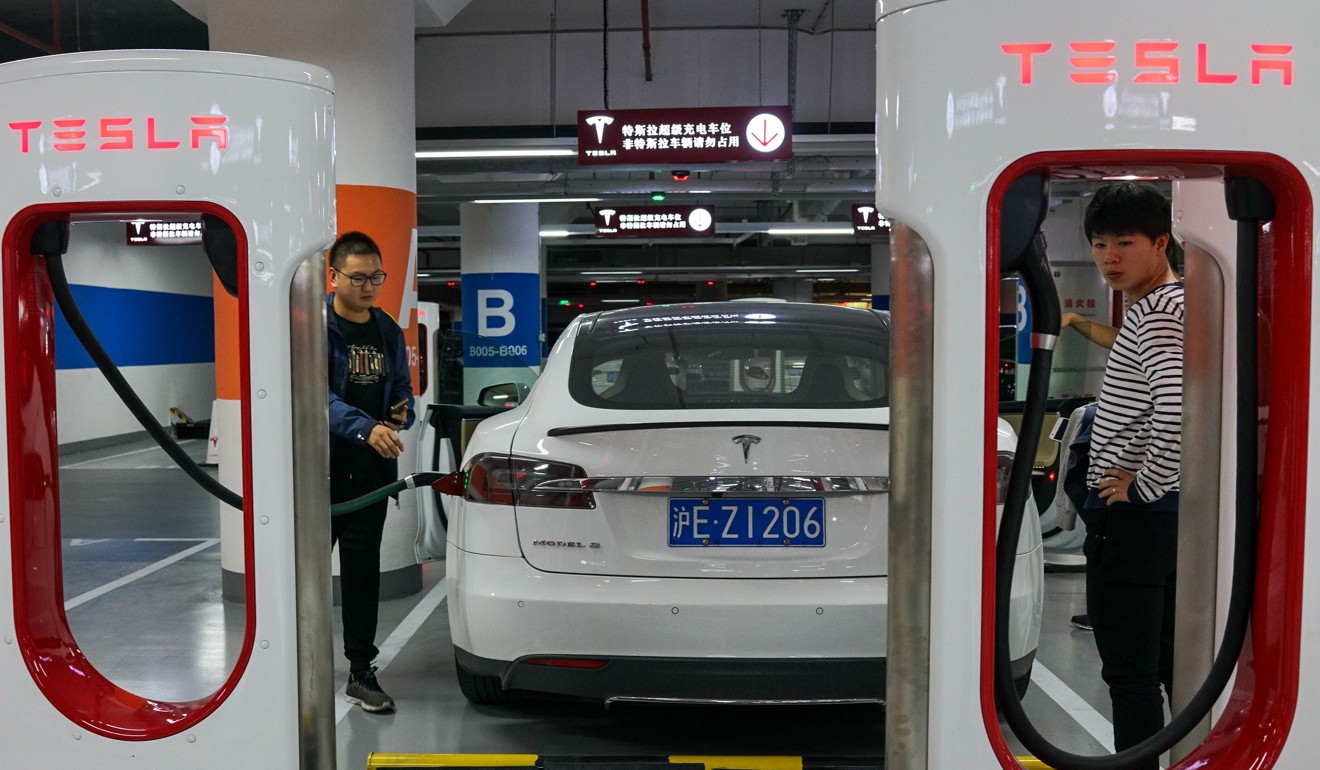Mainland China’s new-energy vehicle (NEV) start-ups are getting a rude reminder from Beijing: prospects and the government’s push of the booming segment is not enough to secure a manufacturing licence.
The National Development and Reform Commission (NDRC), the nation’s top economic planning agency, has promulgated new rules governing the production of electric vehicles, which are likely to cull a majority of small players to keep severe overcapacity in check.
“China’s tougher rulers on building new electric vehicle (EV) plants are likely to cool the EV investment boom and may temper long-term overcapacity risks,” rating agency Fitch said in a recent report. “EV start-ups will be the most affected, with many likely to be unable to enter the EV market in the near term.”
According to the new rules which became effective last Thursday, auto companies will not be allowed to build new battery-powered EV plants unless they have a minimum annual capacity of 100,000 units.
Start-ups and overseas firms are barred from setting up mainland-based factories unless they report global sales of 30,000 units or 3 billion yuan (US$443 million) in the previous two years.
Previously, there were no minimum requirements on capacity and sales.
Fitch said much of the planned capacity was unlikely to be built, while most start-up brands would need to outsource production to conventional manufacturers.
“The move to curb EV investment ticks all the right boxes as all signs are showing that the segment is getting overheated,” said Qian Kang, a Zhejiang-based entrepreneur in the car component business. “It is time to put a brake on the rapid expansion of EV manufacturing.”
According to Fitch, the aggregate EV production capacity, based on announced plans by automobile incumbents and start-ups, is likely to hit 20 million units in 2020, 10 times the government’s ambitious sales target of 2 million units that year.
China’s tougher rulers on building new electric vehicle (EV) plants are likely to cool the EV investment boom and may temper long-term overcapacity risks
Fitch
US bestselling electric carmaker Tesla has broken ground this month for its plant in Shanghai, its first facility outside the United States, and is expected to mass produce affordable cars for Chinese customers next year.
The plant aims to produce about 3,000 Model 3 vehicles a week in the initial phase, ramping up output to 500,000 per year when it became fully operational.
The mainland, the world’s largest auto market, reported sales of nearly 1.3 million NEVs in 2018, jumping 61.7 per cent from a year earlier, according to the China Association of Automobile Manufacturers.
The massive growth contrasted starkly with a 2.8 per cent year-on-year decline in sales for the overall auto sector, the first contraction since 1992.
The governments at various levels grant subsidies to car buyers to bolster EV output, triggering an investment craze as hundreds of start-ups unveil ambitious plans to make next-generation vehicles for China’s youngsters.
The stones in the road for China’s 2025 plan on electric vehicles
Those subsidies, which were first introduced in 2009 and peaked in 2014 at 100,000 yuan a car, have helped drive up EV sales.
The EV sector is also one of the key areas that Beijing wants local players to be technologically on par with the global leaders, a vision etched in the ambitious “Made in China 2025” industrial strategy.

“We’ve seen similar scenarios in the country’s television and solar panel manufacturing, as well as shipbuilding industries over the past two decades. The central government needs to cool the EV market as soon as possible.”
China is estimated to have as many as 500 EV start-ups. Leading brands like Nio, dubbed as a Tesla challenger, has launched two SUV models while Xpeng Motors started delivering the first batch of its five-seat G3 SUVs in December.
This article appeared in the South China Morning Post print edition as: Beijing seeks to cool electric-car boom
